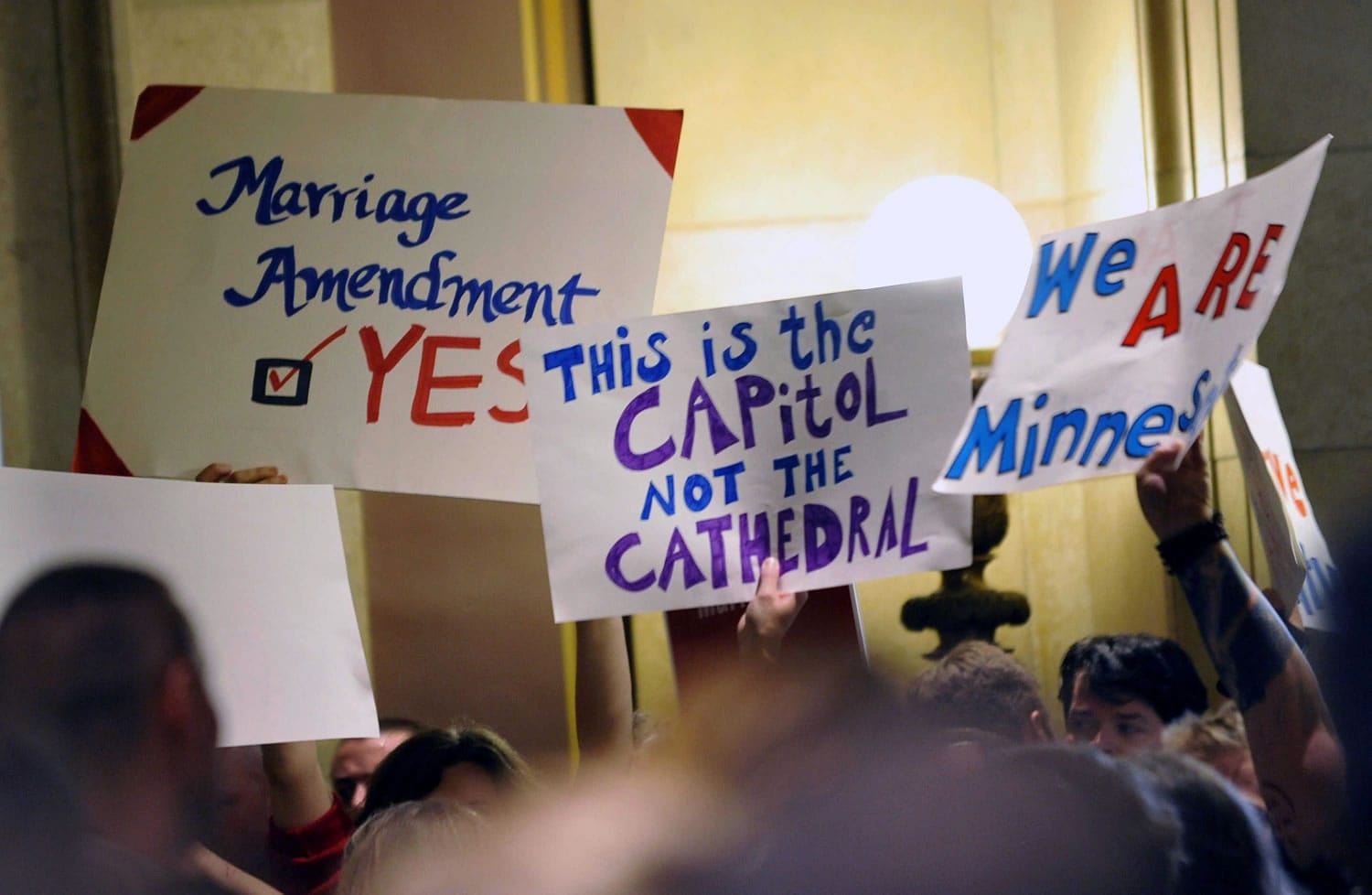The number of Clark County same-sex domestic partners who reported they’re living together to the U.S. census doubled between 2000 and 2010, a microcosm of the national trend.
About 1,362 households in the county were headed by same-sex partners in 2010, compared with 697 in 2000, according to the Census Bureau. In Washington state, about 24,278 same-sex couples reported living together, from 15,900 in 2000, according to a report on same-sex couples released Tuesday.
The statistics don’t account for couples who lived with a friend or relative and were not head of households.
The Columbian did a full report on the census figures and the increasing acceptance of same-sex couples in Clark County on Aug. 4. It’s available at http://www.columbian.com/news/2011/aug/04/gay-couples-on-increase-in-county/.
The number of Clark County same-sex domestic partners who reported they're living together to the U.S. census doubled between 2000 and 2010, a microcosm of the national trend.
About 1,362 households in the county were headed by same-sex partners in 2010, compared with 697 in 2000, according to the Census Bureau. In Washington state, about 24,278 same-sex couples reported living together, from 15,900 in 2000, according to a report on same-sex couples released Tuesday.
The statistics don't account for couples who lived with a friend or relative and were not head of households.
The Columbian did a full report on the census figures and the increasing acceptance of same-sex couples in Clark County on Aug. 4. It's available at <a href="http://www.columbian.com/news/2011/aug/04/gay-couples-on-increase-in-county/">http://www.columbian.com/news/2011/aug/04/gay-couples-on-increase-in-county/</a>.
<i>— Paris Achen</i>
— Paris Achen
WASHINGTON — Increasingly visible, the number of gay Americans telling the U.S. census they’re living with same-sex partners nearly doubled in the past decade, to about 650,000 couples. And more than 130,000 recorded partners as husband or wife.
Census figures released Tuesday provide a rare snapshot of married and unmarried same-sex couples in the U.S. based on the government count conducted last year, when gay marriage was legal in five states and the District of Columbia. It comes at a time when public opposition to gay marriage is easing and advocacy groups are seeking a state-by-state push for broader legal rights.
Some 131,729 same-sex couples checked “husband” or “wife” boxes on their decennial census forms, the first time people could do so, after gay marriage became legal in Massachusetts starting in 2004.
That 2010 tally of married gay couples is higher than the actual number of legal marriages, civil unions and domestic partnerships in the U.S. Even after New York legalized gay marriage in June, a Census Bureau consultant, Gary Gates of UCLA, put the actual number of legally recognized gay partnerships at 100,000.
“There’s no dispute the same-sex population increases from 2000 and 2010,” said Martin O’Connell, chief of the fertility and family statistics branch at the Census Bureau. In cases of couples who reported they were living in a marriage relationship, “they basically responded that way because that is truly how they felt they were living.”
The total of 646,464 gay couples in the U.S. was a downward revision of the Census Bureau’s count of 901,997 released last month. The bureau said Tuesday it had to make the adjustment after determining that coding errors resulted in an exaggerated count for the initial number.
Still, researchers believe the new estimate could be as much as 15 percent lower than the actual number of gay couples in the U.S. because of social stigma, discrimination or other concerns about confidentiality. In a small number of cases, younger gay couples also may not have been counted in the census if they were “doubling up” in a home where neither was the head of household.
Based on revisions made to the 2000 census figure as well, the number of same-sex couples nationwide rose 80 percent from an adjusted 2000 figure of 358,390. Previously, the Census Bureau had reported there were 594,391 same-sex couples in the U.S. in 2000.
Nationwide, about 51 percent of the couples last year were female. Nearly one in five of the same-sex couples was raising children at home — widely distributed among those who reported being in marriage relationships and those who were not.
Broken down by state, the highest rates of increase in gay couples — both married and unmarried — were in lesser-populated states such as West Virginia, Montana, the Dakotas, Oklahoma and Kentucky, each rising at least 150 percent from 2000. In contrast, the larger, more traditional gay places including the District of Columbia, California and New York, posted the smallest percentage increases — 60 percent or less.
Gay rights groups say the latest census numbers are an important step in increasing visibility and helping to dispel notions that they live primarily in big cities on the two coasts. Still, because the census forms do not ask about sexual orientation, some activists have complained that single gays — as opposed to those with live-in spouses and partners — have no means of gaining collective representation through the census.



